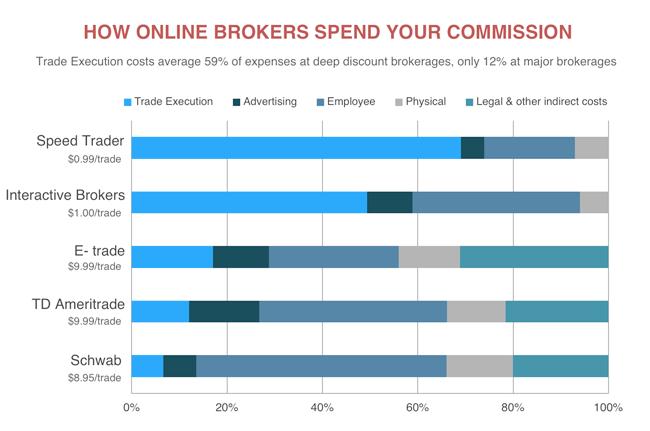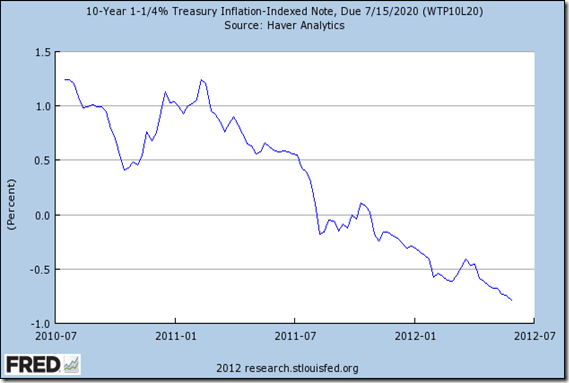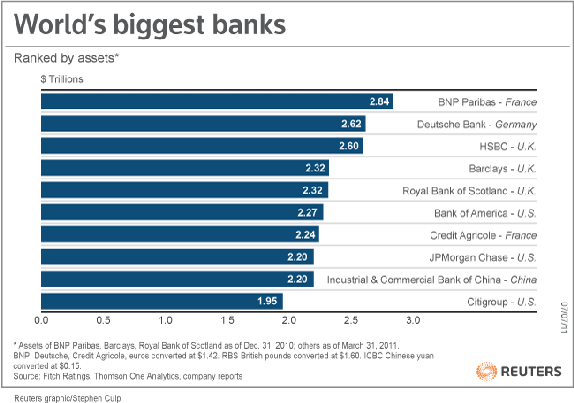Tariff. It’s a word that you’ve probably hear a lot lately, but do you know what it means, how it’s applied, and how it’ll affect you?
What is a tariff?
In its most basic form, a tariff is a tax on goods imported from other countries
Why are they used?
There could be several reasons why a country would impose tariffs on certain goods and/or certain countries. Here are several of them:
- Protecting employment – This is the one you are hearing about right now. President Trump wants to place tariffs on Chinese made goods. This will increase the cost of goods, which could make employers manufacture the goods themselves, which could warrant more hiring and more working Americans.
- Protecting consumers – Countries levy tariffs for this reason if they feel a product coming from another country could danger domestic consumers. For example, if we import chicken and find out this chicken could be tainted or harmful, a tariff could be assessed to this, and force U.S. citizens to buy domestically.
- Infant industries – If a country has an industry or sector that’s just getting started, a country could impose tariffs on similar products in order to limit competition and help that new industry grow.
- National Security – More often than not, this has to do with defense. Most countries will manufacture and supply it’s defenses with their own products for obvious reasons.
- Retaliation – Like what we’re seeing right now. Countries will impose tariffs in response to tariffs being imposed on them.
How do they affect U.S. consumers?
Tariffs affect consumers in a few ways. The first and biggest impact is that goods and services could cost more.
For example, President Trump put a tariff on steel and aluminum. You know what uses a lot of steel and aluminum? Vehicles. The makers of those vehicles will then pass the increased cost down to the consumer.
Personal cars, farming equipment, etc. will now cost more as a result of those tariffs.
The other effect it could have is employment. As mentioned before, if imported goods cost as much or more as domestic products (post-tariffs) it makes U.S. employers manufacture those goods in The States.
With the rapid increase in product creation, these employers will need to hire workers to create these products.
On the flip side, it could also negatively affect employment. With the increased cost of goods, companies could lay off workers in order to reduce the impact of that increase in expenses.
How do they affect the stock market?
We are already seeing an impact on the market. People hear that their costs will go up, or they hear the phrase “trade war,” and they start to worry. We’ve seen an increase in volatility this year, and a lot of that is due to these talks.
Here’s the thing, a healthy majority of investing is psychological. So any news that frightens investors will have an impact on the stock market. Scared people sell, and level-headed and/or institutional investors buy at lower prices, hence the dramatic up and down movements.
Companies that import a lot of goods will see an increase in cost, which could hurt their bottom line. Also, companies that export a lot of goods could see decreased demand due to the retaliatory tariffs put on by China and other countries. Again, bottom line.
A lot of investors look at that bottom line to make investment decisions. If they see a decrease in revenues, they could sell.
Additionally, the tariffs placed by other countries on U.S. products could have a negative impact on entire industries/sectors, which could hurt the companies in those industries and their stocks as a result.
Conclusion
No matter your opinion of President Trump, these tariffs are a net negative for the consumer. The increase in costs to consumers could be much greater than the increase in domestic employment, which is one of the goals with these tariffs.
Whatever happens with this mess, it’s important to know what the tariffs will impact and how consumers, industries, and the economy will be affected.
For more information on how to plan for these tariffs, and for our disclosure visit www.crgfinancialservices.com.
Jacob Sensible is a financial advisor with decades of experience in the financial planning industry. His journey into finance began out of necessity, stepping up to support his grandfather during a health crisis. This period not only grounded him in the essentials of stock analysis, investment strategies, and the critical roles of insurance and trusts in asset preservation but also instilled a comprehensive understanding of financial markets and wealth management. Jacob can be reached at: jake.sensiba@mygfpartner.com.








